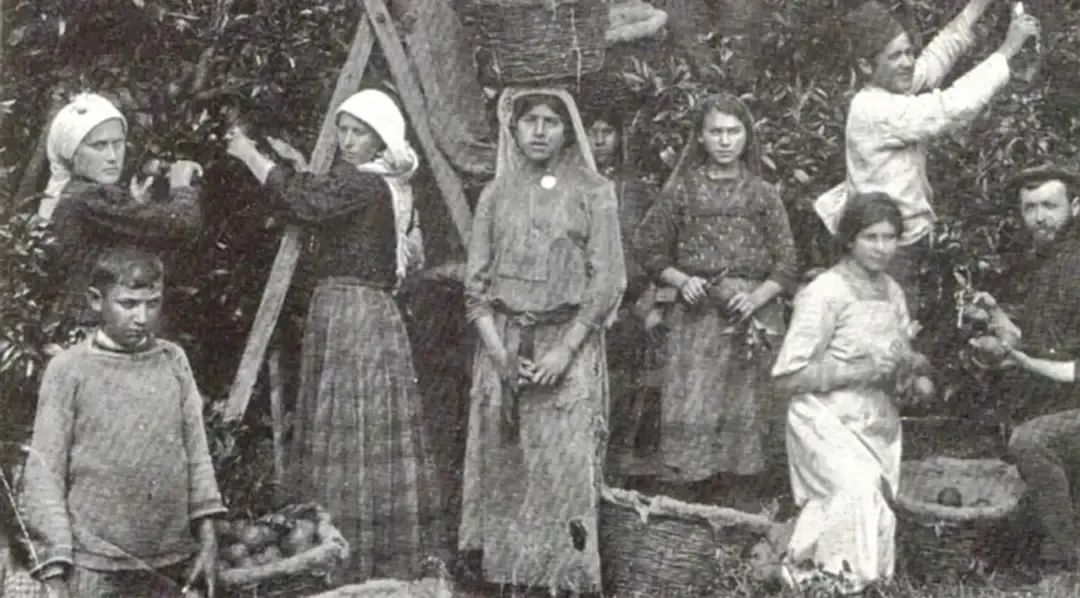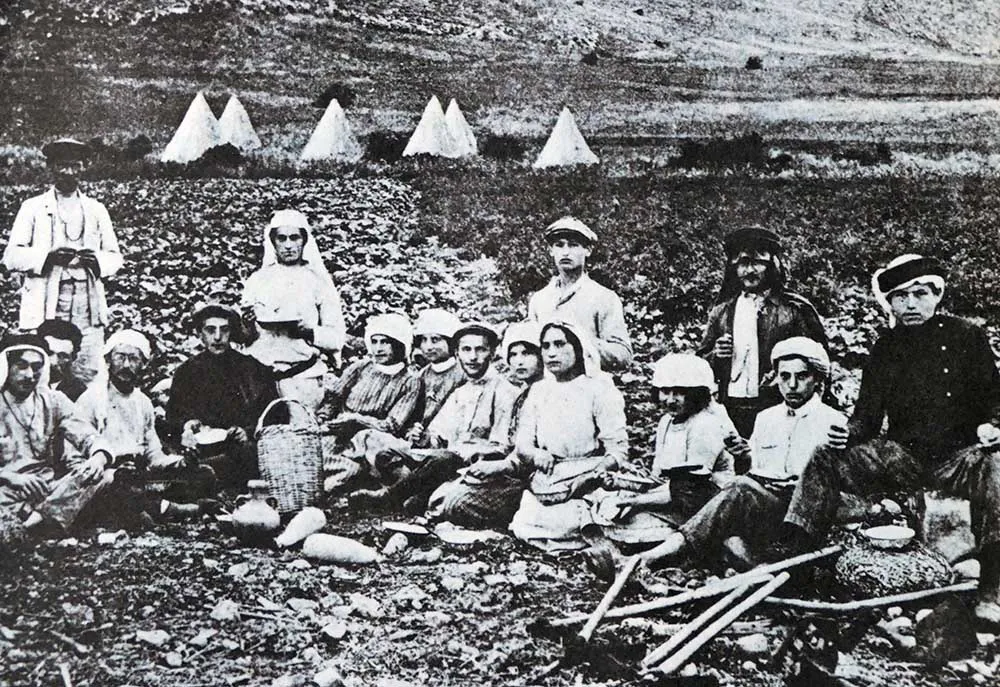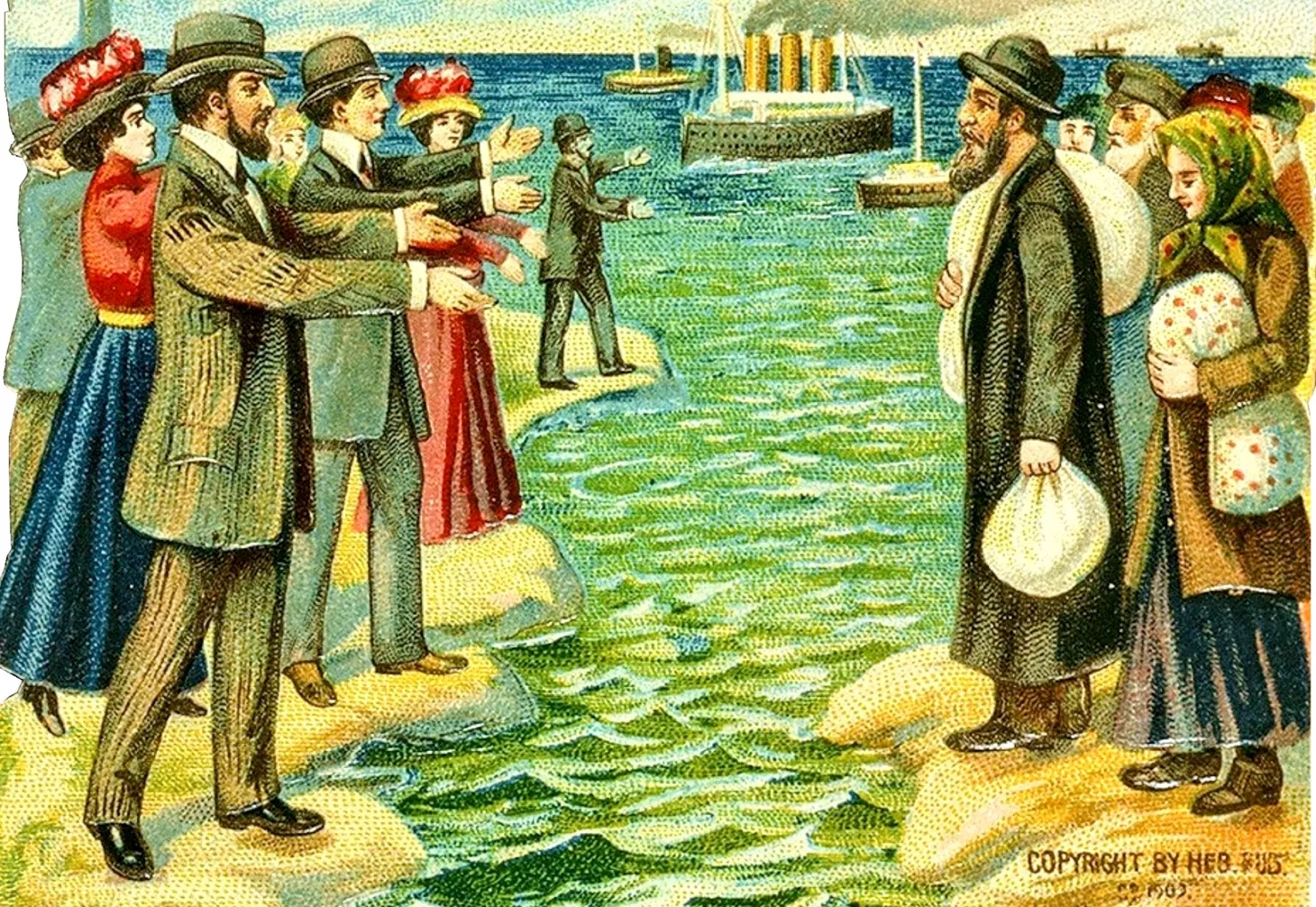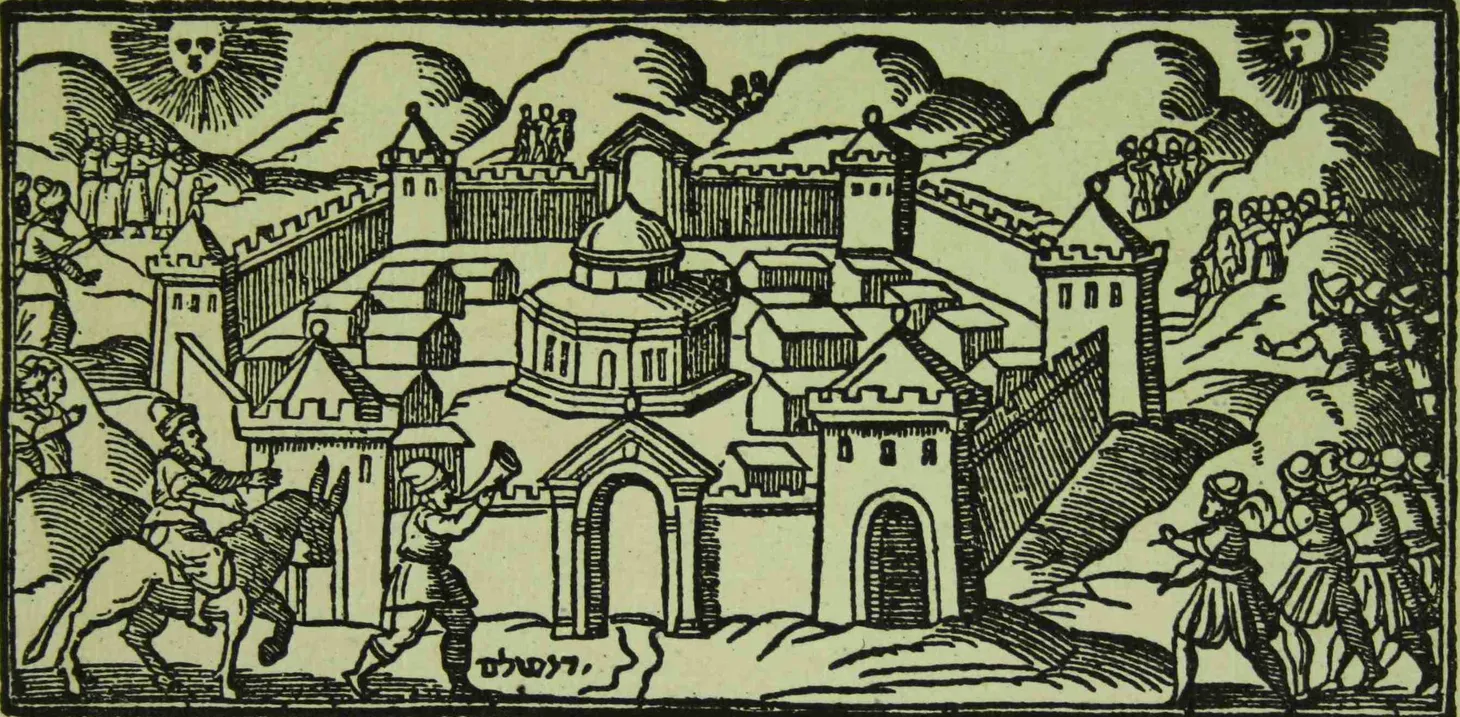Weekly Post
Weekly Friday posts for all paying subscribers.
“We Are All Poor Nowadays”: From Ottoman Palestine to British Mandatory Palestine, 1914-1920
Discussion of teaching the experiences of Palestinians and Israelis during the First World War

“Study and Understand the Psyche of Our Neighbors”: Palestinian and Zionist Exchanges, 1899-1914
Discussion of teaching Palestinian and Zionist encounters at the beginning of the twentieth century

“Palestine Is Our Ever-Memorable Historic Home”: The Development of Zionism and the First Zionists in Ottoman Palestine
Discussion of teaching the origins of Zionism

“The Young Man Loved Jaffa”: Ottoman Palestine in the Late Nineteenth Century
Discussion of teaching late nineteenth-century Ottoman Palestine

“When Any of You Intend to Divorce”: Teaching Continuity and Divorce in the Medieval Islamic Middle East, c.600 - c.1600
A discussion of teaching continutiy using examples of divorce in the Islamic Middle East

“A Rich South and a Poor North”: Southernization and Facilitating Student-Centered Discussions
Discussion of how to facilitate student-centered discussions using Southernization

“Hopelessness at Home, A Secure Future Overseas”: Teaching Jewish Migration in the Nineteenth and Early Twentieth Century
Discussion of teaching nineteenth and twentieth century Jewish migration in a world historical context.

“We Should All Wear the Fez”: Ottoman Jews in the Late Nineteenth Century
Istanbul has long been one of my favorite cities. Whenever I go there, I explore a new neighborhood or visit a new site. Every trip to Istanbul leads to some new insight or anecdote relevant to teaching world history. My last visit was no different. In the summer of 2022,

“He Has Favored Us”: Amsterdam’s Jewish Community and the Transatlantic Slave System in the Seventeenth Century
Discussion of teaching Amsterdam’s Jewish community in the seventeenth century

“Turks Hold Respectable Jews in Esteem”: Jews and the Ottoman Empire in the Sixteenth Century
Discussion of teaching the Sephardic migration to the Ottoman Empire in the sixteenth century

